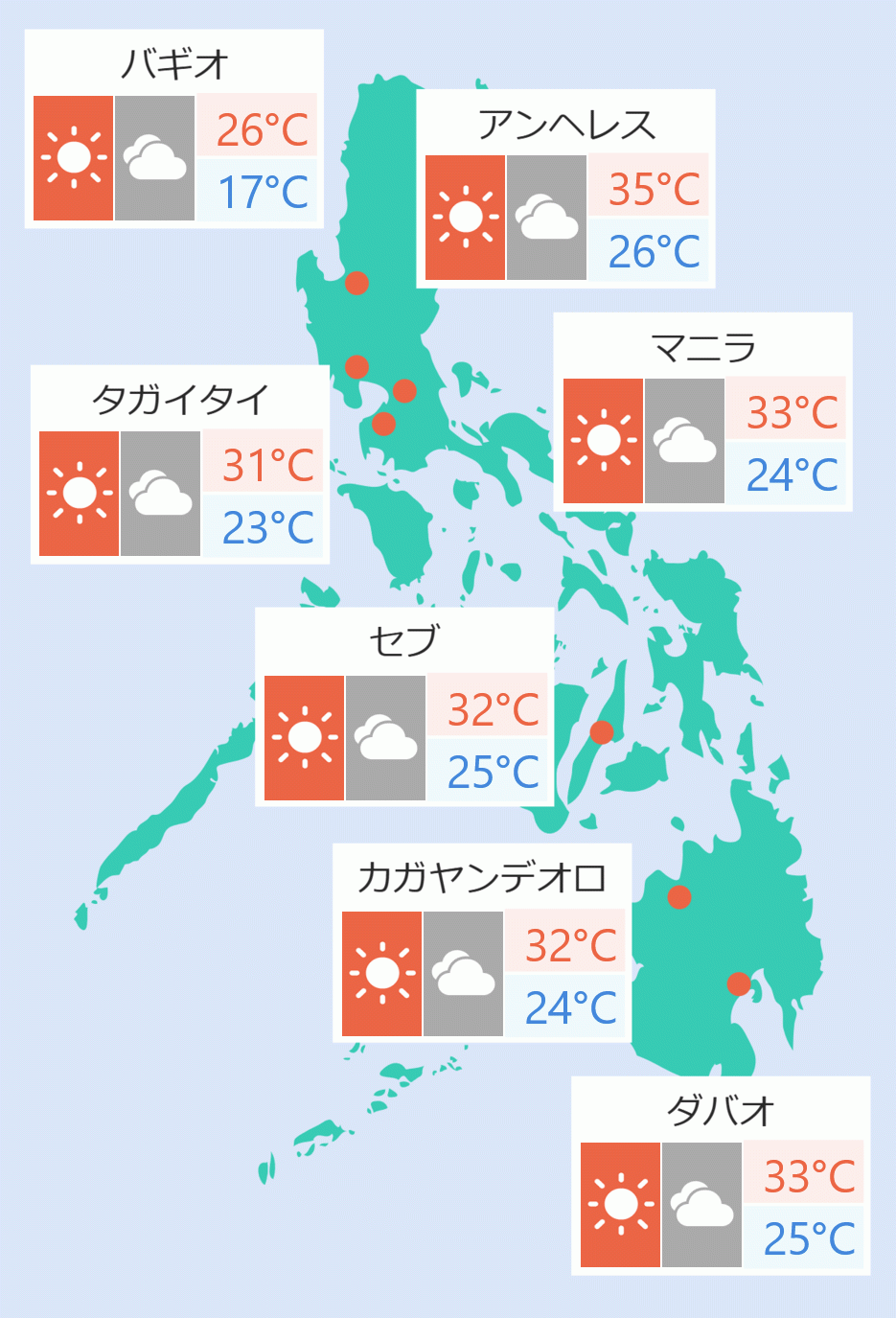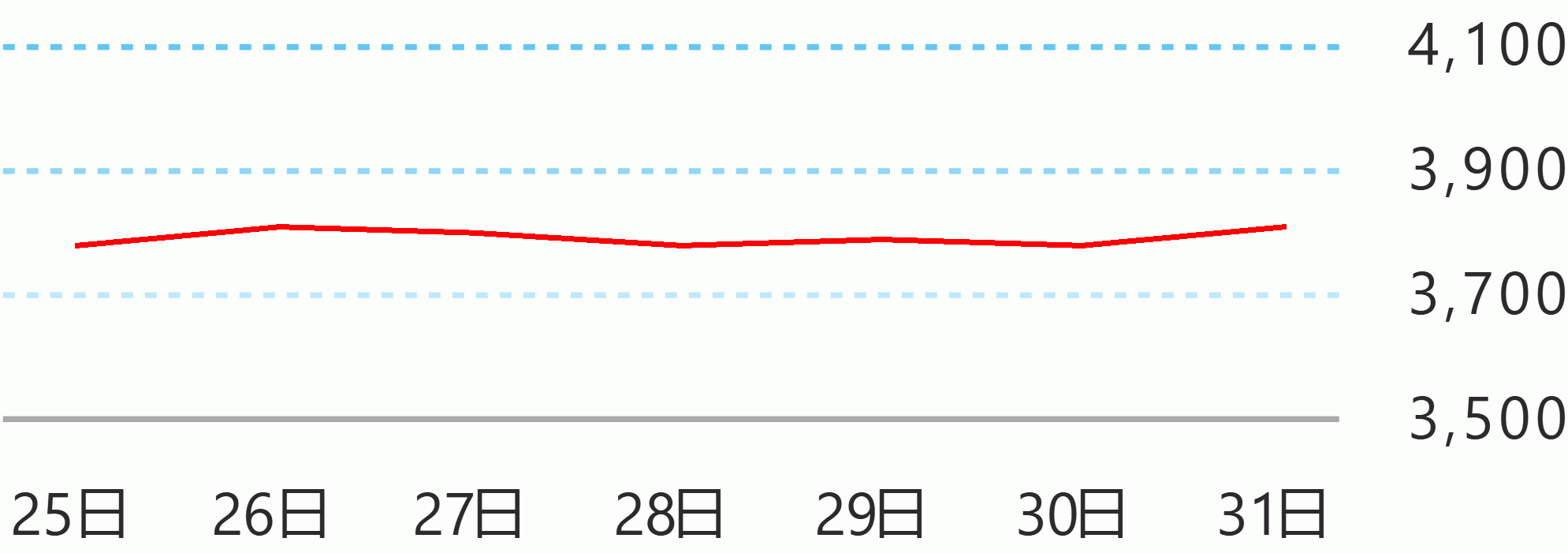The National Food Authority (NFA) recommends importing more than 300,000 metric tons of rice to beef up the country's buffer stock, the Palace said in a statement issued on Thursday night.
The NFA recommended this to control the price of rice amid the increasing prices of agricultural products in the country.
"The NFA is proposing the importation of 330,000 MT of rice to cover an expected deficit in the country’s buffer stock for the relief operations of various agencies in the event of calamities this year," the statement stated.
After meeting with officials of the Department of Agriculture (DA) and NFA in Malacanang Palace on Thursday, President Ferdinand Marcos Jr. "pointed out the NFA needs to buy its buffer stock from the local producer, however, he noted that it will drive up the prices of rice.''
Based on the price monitoring of the Department of Agriculture, the lowest price of regular milled rice range from P36 to P40. Well-milled is around P39 to P46, premium rice price is P42 to P49 and special is P48 to P60.
Marcos said the government needs to make sure that the NFA will be able to build up its buffer stocks.
“In terms of the general supply for the country, I think we are in good shape. And although we’ll still have to import, our importations have come down. Our agricultural sector is beginning to come back beyond pre-pandemic levels. And so that’s progressing nicely,” he said.
Under the DA 2023 supply outlook, the country’s total supply is at 16.98 million metric tons (MMT), which is sufficient to cover this year’s demand estimated at 15.29 MMT.
“This would leave the country with an ending balance of 1.69 MMT, which is equivalent to 45 days of buffer stock, instead of the 90-day ideal buffer stock to stabilize the price of rice,” a DA briefer said.
The Palace said under the NFA’s proposed rice importation strategy, the rice importation arrangement should be undertaken through government-to-government transactions, either through the Office of the President or its designated agency.
"Republic Act No. 11203 has removed the regulatory and import licensing issuance functions of the NFA and reduced its mandate to emergency buffer stocking of rice sourced solely from local farmers and allowed the private sector to freely import rice subject to a tariff," it said.
The Palace explained that "the NFA may use its credit lines with the Development Bank of the Philippines and/or the Land Bank to finance the importation and provide logistics and management support."
It also mentioned that, "the Department of Social Welfare and Development (DSWD) can procure imported stocks from the NFA and exclusively manage the final disposition."
"As of April 6, the Bureau of Plant Industry (BPI) has issued 989 Sanitary and Phytosanitary Import Clearance (SPSIC) applications for 3.170 MMT volume of rice applied out of the 3,024 SPSICs. Of this volume, 790,449.12 MT of imported rice has arrived." Robina Asido/DMS





 English
English










